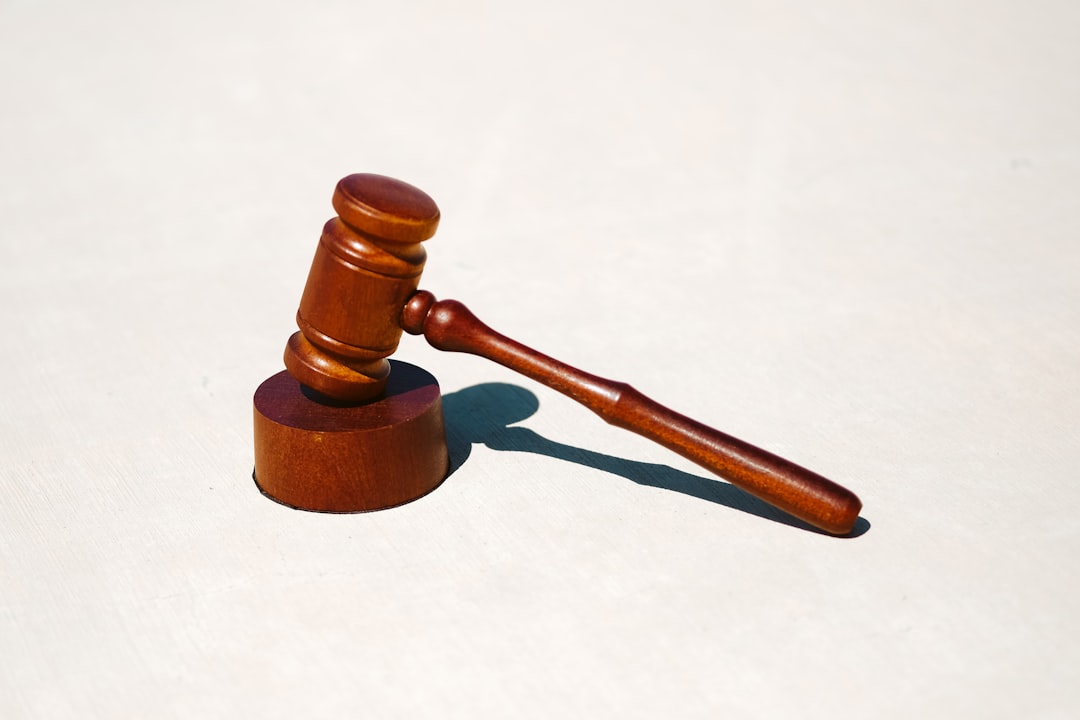In Pennsylvania, seeking justice after a rape is a complex process that demands specialized legal support. Understanding the state’s rape laws is crucial for survivors navigating this challenging journey. This article explores key aspects of rape cases in Pennsylvania, focusing on the vital role a rape lawyer plays in Philadelphia. From building a robust case with evidence and testimony to providing essential resources for survivors, we offer comprehensive guidance. If you’re in need of a rape lawyer in Philadelphia, PA, these insights can help inform your next steps towards healing and legal redress.
Understanding Rape Laws in Pennsylvania

In Pennsylvania, rape is classified as a severe felony and is strictly punished under the law. The state has clear definitions and statutes regarding sexual assault, including provisions specific to forcible rape, statutory rape, and consent. A rape lawyer in Philadelphia, PA, can help navigate these complex legalities. Understanding the nuances of these laws is crucial for victims seeking justice.
The key aspect of Pennsylvania’s rape laws is the emphasis on consent, with any sexual act without explicit and enthusiastic consent considered assault. This includes situations where the victim cannot give consent due to intoxication or being under the age of consent, currently set at 16 years old. Victims who have been raped in Philadelphia can seek legal support from experienced rape lawyers to understand their rights, file a report, and potentially pursue criminal charges against the perpetrator.
The Role of a Rape Lawyer in Philadelphia

In the aftermath of a sexual assault, seeking justice can be an overwhelming process. This is where a rape lawyer in Philadelphia PA plays a pivotal role. They provide much-needed support and legal expertise to victims navigating the complex criminal justice system. A skilled attorney advocates for the rights of survivors, ensuring they receive the care and representation they deserve during what is often a traumatizing experience.
Philadelphia’s rape lawyers specialize in handling these sensitive cases with compassion and discretion. They guide clients through every step, from filing police reports to negotiating plea deals or representing them in court. Their knowledge of Pennsylvania’s rape laws enables them to build strong defense strategies, aiming for favorable outcomes tailored to each case’s unique circumstances.
Building a Strong Case: Evidence and Testimony

When building a strong case for a rape case in Pennsylvania, a rape lawyer in Philadelphia PA plays an instrumental role in ensuring all evidence and testimonies are gathered and presented effectively. This includes physical evidence from the scene, medical records detailing injuries, and any forensic data linked to the perpetrator. Additionally, it involves securing compelling witness statements, including that of the victim, who should be supported throughout the process to ensure their safety and emotional well-being.
A skilled rape lawyer will guide clients on how to navigate this challenging legal landscape, ensuring every detail is meticulously documented and handled with sensitivity and expertise. They work tirelessly to protect the rights of victims and seek justice, aiming to build a comprehensive case that leaves no stone unturned in pursuit of a fair outcome.
Support and Resources for Survivors in PA

In Pennsylvania, survivors of sexual assault, including rape, have access to a range of support and resources designed to help them navigate their experience. Many organizations offer confidential services, such as crisis intervention, legal advocacy, and counseling, tailored specifically for victims. These services are crucial in ensuring that survivors feel empowered and supported throughout the legal process when considering hiring a rape lawyer in Philadelphia, PA.
Local rape crisis centers play a vital role in connecting survivors with the necessary tools and information. They provide a safe space for individuals to share their stories, offer guidance on legal options, and assist in gathering evidence. Additionally, these centers often facilitate referrals to reputable healthcare facilities for medical attention and testing. With dedicated support systems in place, survivors can take confident steps towards justice and healing.






